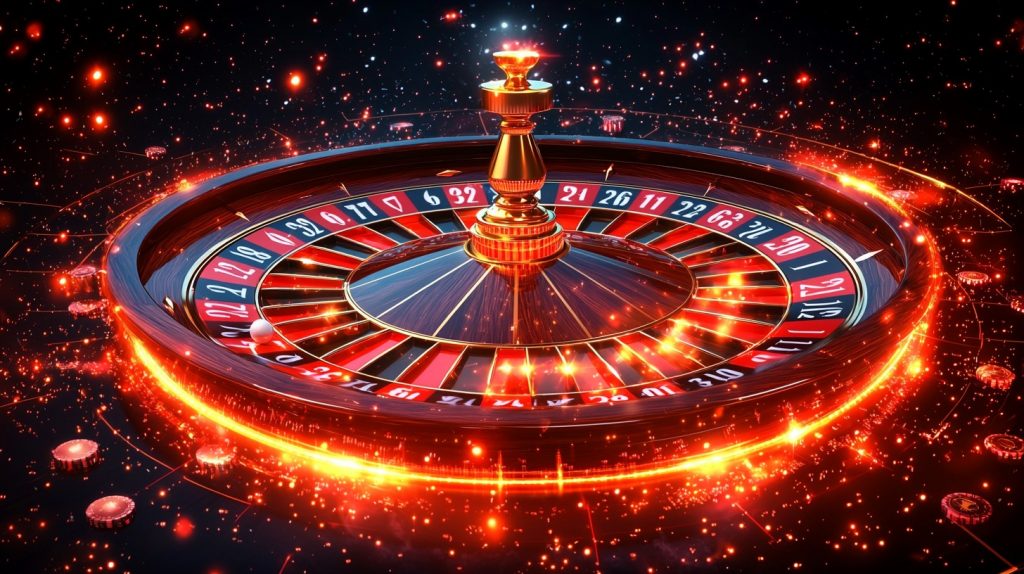If you’ve spent any time in the world of competitive gaming, you’ve likely come across the term “boosting.” It’s a hot topic in forums, conversations, and even memes. But what exactly is boosting, and how does it work?
Whether you’re a casual gamer or grinding your way to the top of the ranked ladder, understanding game boosting can shed light on a key aspect of modern gaming culture. For example, players often engage in boosting to quickly advance in games like Path of Exile 2. In this game, in-game currency plays a crucial role in progression. You can even Buy Currency for PoE2, such as Chaos Orbs, Divine Orbs, Exalted Orbs, and Fusing Orbs, which are essential for crafting, upgrading gear, and trading within the game’s economy.
Let’s break it all down.
What is game boosting?
Game boosting is a service where skilled or professional players assist others in achieving specific in-game goals, ranks, or achievements faster than they could on their own. This practice is particularly popular in competitive and grind-heavy games like first-person shooters, MMORPGs, and battle royales.
For example, in Path of Exile 2, players often turn to services to progress faster or acquire valuable resources like Divine Orbs. Buy PoE2 Divine Orbs to enhance your gameplay — these powerful currency items allow you to modify rare and unique items, optimize builds, and dominate combat.

How game boosting works
Game boosting is a service where experienced players help you achieve higher ranks, complete challenging levels, or unlock rewards in your favorite games. Here’s how it typically works:
Types of boosting services:
- Rank boosting: The most common type. A booster plays on a customer’s account or teams up with them to raise their competitive rank. This is especially prevalent in games like Valorant or CS2, where higher ranks unlock exclusive rewards and carry prestige.
- Power-leveling: Boosters rapidly level up a player’s character, allowing them to skip repetitive content and access endgame features faster. This is a staple in RPGs and MMOs, where the grind is a core part of the experience.
- Farming and resource boosts: Boosters collect rare items, resources, or in-game currency on behalf of the player, streamlining the process of crafting upgrades or gathering valuable materials.
- Achievement and reward boosting: Boosters assist in unlocking difficult achievements, rare skins, mounts, or titles that require exceptional skill or a considerable time investment.
- Carries: In cooperative game modes like raids or dungeons, boosters team up with customers to complete difficult content. The customer can either participate or simply observe.
Methods of boosting:
- Self-play boosts: The customer teams up with boosters in real-time, letting them handle the toughest parts of the challenge while the customer actively participates, often learning along the way.
- Piloted boosts: The booster logs directly into the customer’s account and completes the desired tasks independently.
The boosting process:
- Choose a service: The customer selects the desired boost, whether it’s rank progression, leveling, or unlocking achievements.
- Confirm details: The player provides necessary information, like account credentials or preferred play times, and communicates any specific preferences to the booster.
- Boosting begins: Depending on the method chosen, the booster either logs in to complete tasks or teams up with the customer in real time to achieve the goals.
- Completion and verification: Once the objectives are met, the customer verifies the results, finalizing the transaction, and the booster receives payment.

Why do players use game boosting?
Boosting services are popular for a range of reasons:
- Save time: For players with busy schedules, boosting eliminates the need for repetitive grinding and allows them to access endgame content faster.
- Overcome skill gaps: Boosting helps players tackle challenges or competitive hurdles they may find difficult to overcome alone.
- Unlock rewards: Many players use boosting to gain rare achievements, exclusive skins, mounts, or titles that require significant time or effort.
- Tackle solo content: Boosting is particularly helpful for solo players trying to complete content designed for coordinated teams.
- Skill development: Some game boosting services also offer coaching or mentoring, enabling players to improve their gameplay and learn advanced strategies from professionals.
Final thoughts
Game boosting has become a significant part of the gaming landscape, offering players convenience, rewards, and new opportunities. Whether you’re looking to save time, achieve higher ranks, or simply enjoy the game without the grind, boosting services can be a useful tool. However, it’s important to approach boosting responsibly, keeping in mind the ethical considerations and implications within the gaming community.




